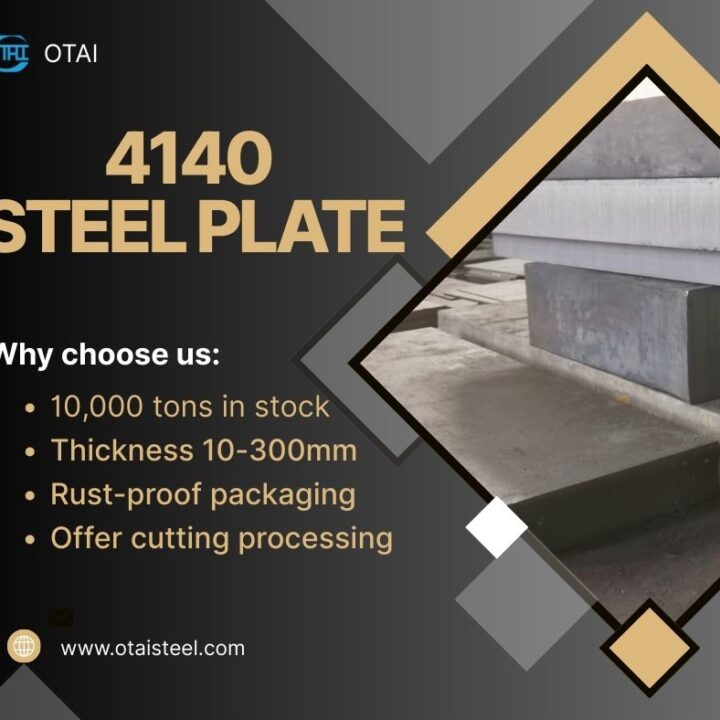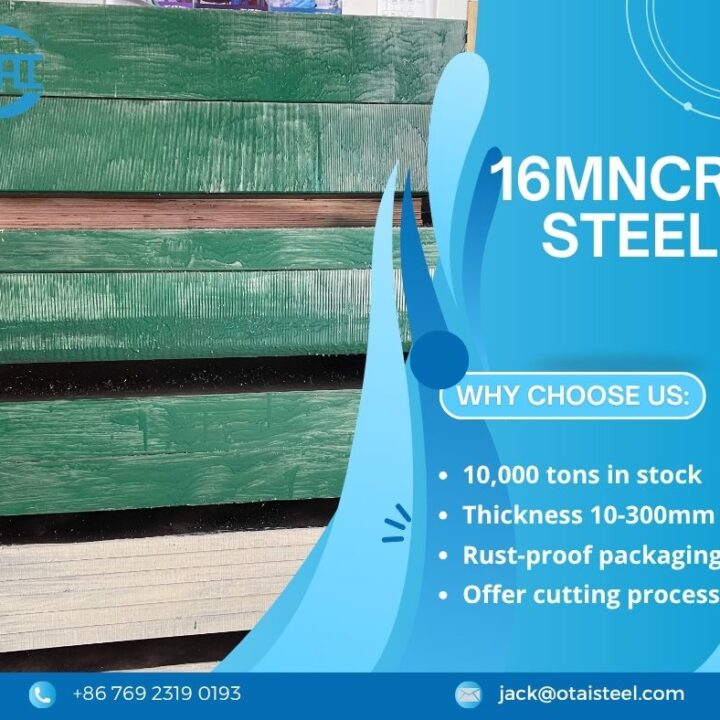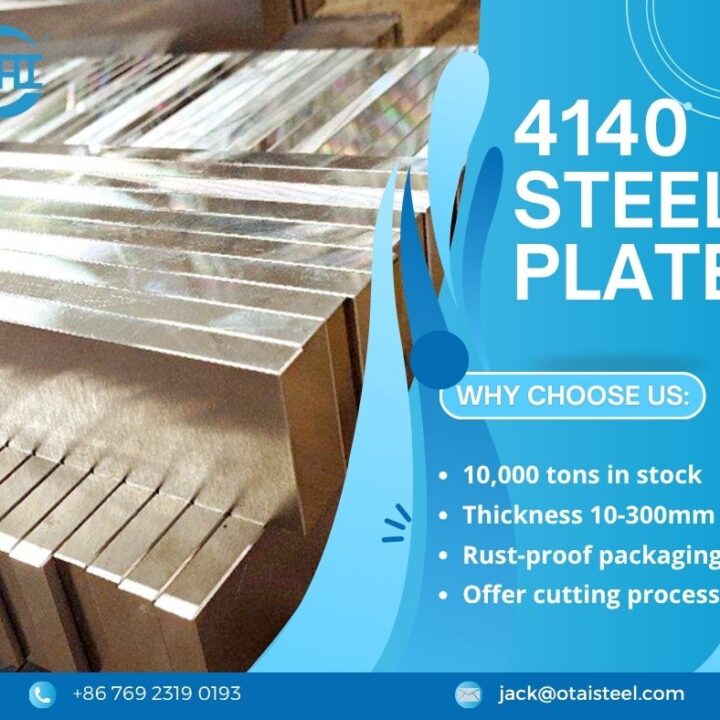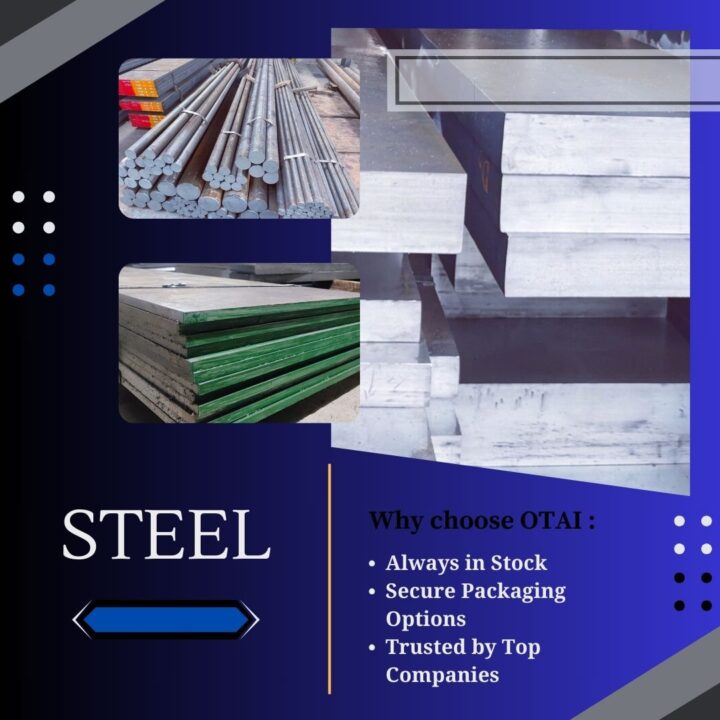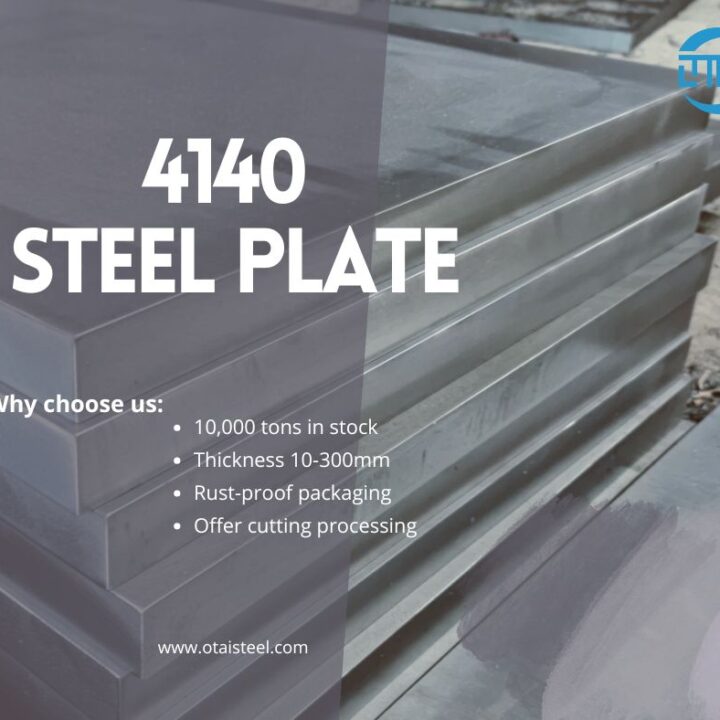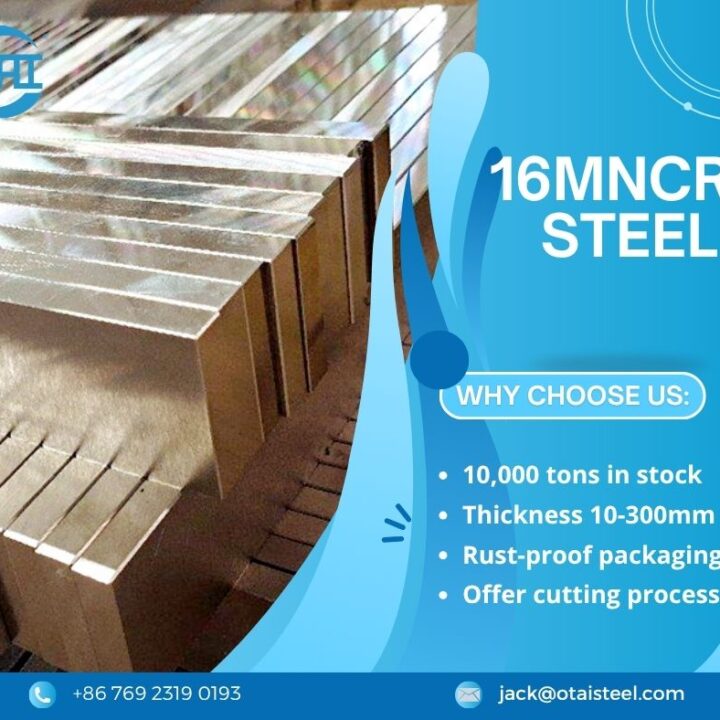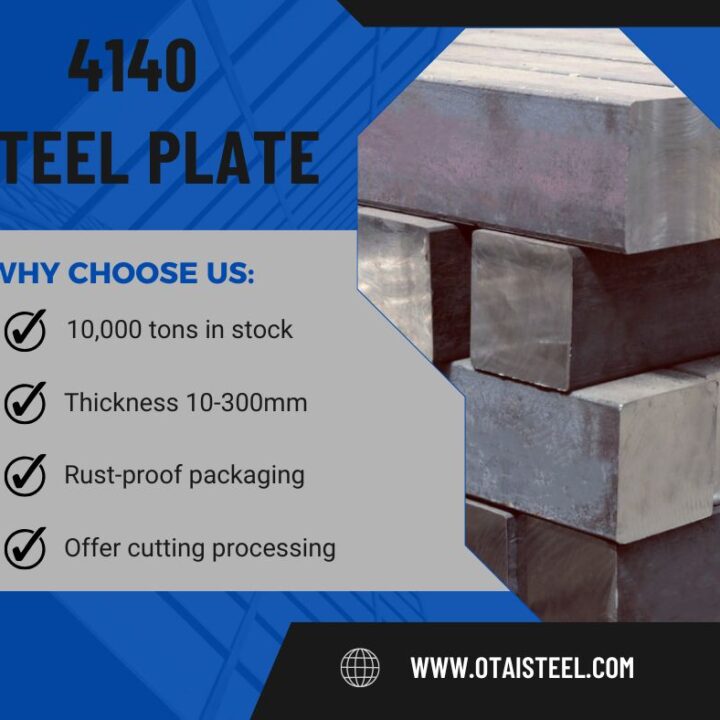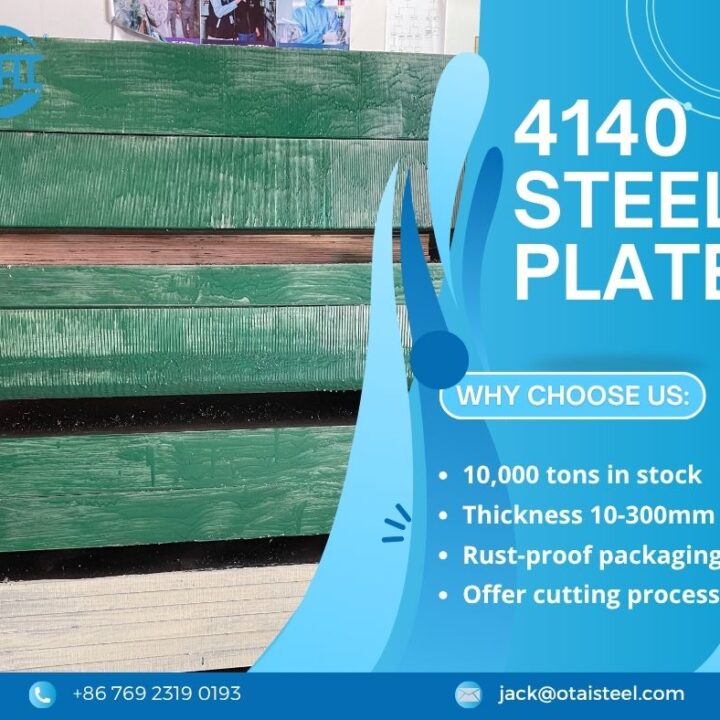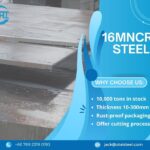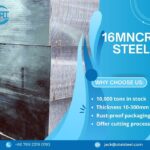 Is 4140 Steel Good for Knives?
Is 4140 Steel Good for Knives?
When selecting the right material for knives, it’s important to balance factors like strength, durability, toughness, and edge retention. One steel that frequently comes up in discussions is 4140 steel. While it is more commonly used in applications like machinery, axles, and automotive parts, can it also perform well in knives? In this article, we’ll explore whether 4140 steel is a good choice for making knives, analyzing its key properties, advantages, and potential drawbacks.
🔍 What Is 4140 Steel?
4140 steel is a chromium-molybdenum alloy steel that combines carbon with other elements like manganese, chromium, and molybdenum to offer good overall performance. It is known for its high strength, toughness, and hardenability, making it an ideal choice for applications requiring high stress resistance, such as axles, shafts, and gears.
Here’s a breakdown of 4140 steel’s chemical composition:
-
Carbon (C): 0.38-0.43% – Provides strength and hardness.
-
Chromium (Cr): 0.80-1.10% – Improves hardness and wear resistance.
-
Molybdenum (Mo): 0.15-0.25% – Enhances hardenability and strength at high temperatures.
-
Manganese (Mn): 0.60-0.90% – Increases tensile strength and hardness.
🧪 Key Properties of 4140 Steel
To evaluate whether 4140 steel is suitable for knives, let’s take a look at its mechanical properties:
| Property | Value |
|---|---|
| Tensile Strength | 655 MPa |
| Yield Strength | 415 MPa |
| Hardness | 28-32 HRC (as rolled) |
| Impact Toughness | Excellent for high-stress applications |
| Hardenability | Good, especially with heat treatment |
Highlights of 4140 Steel Properties:
-
Tensile Strength: With a tensile strength of 655 MPa, 4140 steel provides good structural integrity, but it’s not as high as steels commonly used for knives.
-
Hardness: At around 28-32 HRC, 4140 is softer than high-carbon steels used for knife blades, making it less ideal for edge retention.
-
Hardenability: It can achieve higher hardness levels (up to 50-55 HRC) after proper heat treatment, which can improve its performance for knives.
🧰 Is 4140 Steel Good for Knife Blades?
While 4140 steel can certainly be used to make knives, its properties make it more suitable for toughness and impact resistance rather than high edge retention. Let’s break down its suitability for knives:
Advantages of Using 4140 Steel for Knives:
-
Durability: 4140 steel offers great toughness and can withstand heavy use without easily chipping or cracking. This is particularly useful for knives that will endure hard impacts.
-
Ease of Maintenance: Compared to harder steels, 4140 steel is easier to sharpen and maintain, making it a good choice for users who value simplicity in maintenance.
-
Affordable Price: 4140 steel tends to be more affordable than premium knife steels, making it a budget-friendly option for custom or entry-level knives.
Disadvantages of Using 4140 Steel for Knives:
-
Edge Retention: The hardness of 4140 is lower than other steels used for knives, such as 1095 or AUS-8, which means it might require more frequent sharpening and doesn’t hold an edge as well.
-
Corrosion Resistance: Although 4140 steel has some corrosion resistance due to its chromium content, it’s still susceptible to rusting if not properly maintained. It is not as corrosion-resistant as stainless steel options like 440C or VG-10.
-
Brittleness: At higher hardness levels, 4140 steel can become more brittle and prone to cracking under high impact, so achieving the right balance during heat treatment is essential.
🔥 Heat Treatment and Hardenability
For knives, 4140 steel needs proper heat treatment to reach its maximum potential. Here’s an overview of the heat treatment process:
-
Annealing: If you want to soften the steel to make it easier to shape or grind, 4140 can be annealed to achieve a softer state with 28-32 HRC hardness.
-
Hardening: To make 4140 stronger and more wear-resistant, it needs to undergo quenching after heating to a temperature of about 850-900°C. This can increase its hardness to around 50-55 HRC, improving its wear resistance and making it more suitable for knives.
-
Tempering: After hardening, tempering at around 250-300°C ensures the steel retains its toughness while reducing brittleness, which is key to making a reliable knife.
🏆 Ideal Alternatives for Knives
While 4140 steel has its advantages, there are steels specifically designed for knives that excel in edge retention, corrosion resistance, and sharpness. Here are some common alternatives:
| Steel Grade | Key Properties | Best For |
|---|---|---|
| 1095 Steel | High carbon content, good edge retention | Budget knives, high-performance cutting tools |
| AUS-8 Steel | High hardness, corrosion resistance | Kitchen knives, general-purpose knives |
| 440C Steel | High carbon and chromium content, corrosion-resistant | High-end knives, durable blades |
| S30V Steel | High carbide content, excellent wear resistance | Premium knives, tactical knives |
🧳 Applications of 4140 Steel (Outside of Knives)
4140 steel is highly regarded in the automotive, heavy machinery, and oil & gas industries for its high tensile strength and toughness. It is commonly used in:
-
Axles, shafts, and spindles
-
Machine parts like gears and crankshafts
-
Tooling and equipment that require high impact resistance
-
Structural components that undergo high mechanical stress
❓ Frequently Asked Questions (FAQ)
Q1: Can 4140 steel be used for knives?
A1: Yes, 4140 steel can be used for knives, especially for applications where toughness and impact resistance are prioritized. However, it is not the best steel for edge retention or corrosion resistance.
Q2: How does 4140 steel compare to stainless steel for knives?
A2: 4140 steel is not as corrosion-resistant as stainless steels like 440C or AUS-8, which makes it less ideal for knives exposed to moisture. It also has lower edge retention compared to high-carbon steels.
Q3: What is the ideal hardness for a knife made from 4140 steel?
A3: 4140 steel is usually tempered to 50-55 HRC for knife use, which gives a balance of hardness and toughness, but it may not hold an edge as well as other knife steels.
🏁 Conclusion
In conclusion, 4140 steel is not a top choice for knives if edge retention and corrosion resistance are your primary concerns. However, it offers great toughness, impact resistance, and affordability, making it a viable option for budget knives or tough utility knives that need to withstand heavy use. If you need a knife with superior sharpness and durability, consider using steels like 1095, AUS-8, or 440C.
💪 Company Advantages
At Otai Special Steel, we provide high-quality materials, including 4140 steel and other premium alloy steels for various applications. Here’s why you should choose us:
-
Large Inventory: With over 10,000 tons of materials, we ensure you get what you need, when you need it.
-
Custom Solutions: We offer services like custom cutting, heat treatment, and packaging to meet your specific requirements.
-
Rigorous Quality Testing: Our materials undergo ultrasonic testing (UT), chemical composition analysis, and third-party inspections to guarantee top quality.
-
Global Reach: We serve major international clients across industries, delivering quality steel products worldwide.

